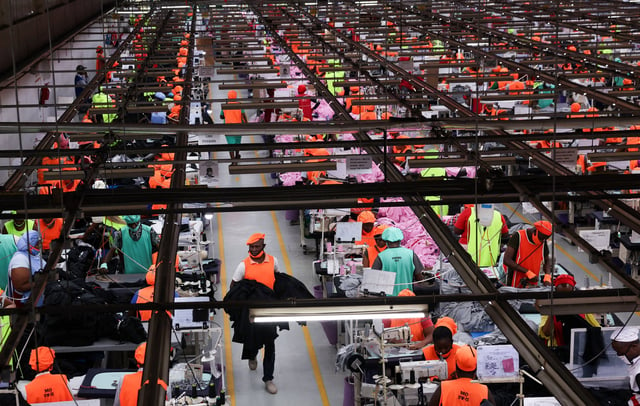Overview
- The 25-year trade program expired on September 30 after Congress failed to pass reauthorization, leaving more than 6,000 product lines from sub‑Saharan Africa subject to higher U.S. tariffs.
- The White House signaled support for AGOA’s objectives and floated a possible one-year extension, and USTR backed renewal, but no legislation has been enacted as a new Senate bill from John Kennedy awaits details following the shutdown.
- Key sectors face immediate pressure, with Madagascar’s vanilla now facing tariffs up to 47%, Kenyan textiles at 10% or more, and forecasts of sharp drops in apparel and tuna shipments as South Africa braces for declines in vehicles, metals and chemicals.
- Analysts warn that roughly 1.3 million jobs in AGOA-dependent industries are at risk, including about 66,000 apparel workers in Kenya, as South Africa—historically the largest beneficiary—and smaller economies like Lesotho confront exposure.
- Labor and business responses are accelerating, with Lesotho’s major unions planning an October 31 protest, companies seeking new markets through AfCFTA and BRICS partners, and China expanding duty-free access and deepening its trade footprint.



